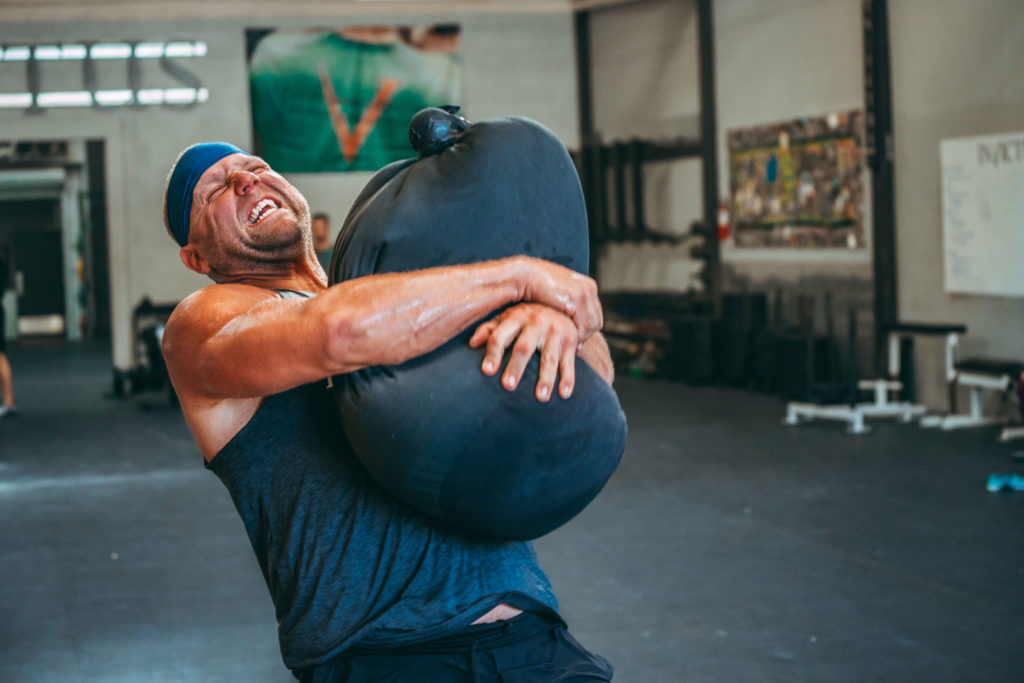
5 Steps to Increase Emotional Maturity
The sports world has been recognizing more and more the importance of knowing oneself, one’s limitations, strengths, weaknesses, and being able to manage your attention and focus. Getting into the zone, pushing yourself to your limits, and knowing when to back off is all part of being a successful athlete and also key components to emotional intelligence or maturity (EI or EM).
There are 18 competencies identified as making up emotional intelligence with some being more essential in sports and fitness than others [1].
The importance of self-awareness
An athlete’s most important emotional/mental faculty is that of self-awareness – knowing one’s emotional state, providing accurate self-assessment, possessing self-confidence, and managing one’s own emotions and focus.
For coaches, the list expands to recognizing the emotional state of others and building relationships of trust and influence. This is exceptionally important for coaches of athletes who may be lacking emotional intelligence.
Not convinced?
Researchers in India have investigated various types of competitive athletes from handball players to combative sports such as boxing, Judo, and wrestling [2]. They found that the level of emotional maturity was not significantly different based on the type of sport the athlete played; however, “International level players demonstrated significantly higher levels of emotional maturity as compared to the other two performance groups” (national and state level competitors) [2,3].
With all that CrossFit has done and continues to do for the world of fitness, it is essential that we – as participants and proponents – check ourselves with regard to our own emotional intelligence.
Bo Hanson, four-time Olympian and coach, reassures us that emotional intelligence is a skill that can be learned.
By developing this maturity, self-awareness, and self-management, we can better understand ourselves – when we need to back off or seek coaching to avoid an injury and when we are ready to push ourselves to the limits for maximum gains.
In this regard, perhaps emotional maturity is the prescription to “Forging Elite Fitness.”
5 Steps to Improve Your Emotional Maturity
Here are five steps that can help you improve your emotional maturity in the gym as well as in life:
1. Check your ego at the door
When you enter the gym, leave your competitive pride at the door. Go to the whiteboard in a humble mindset of determination. Remind yourself of what your limits are, how to scale the workout (or ask your coach if you’re not certain), and take note of which movements you need to improve.
2. Be in the moment
When the coach starts explaining the movements and standards for the workout, try to actively listen and be present; that means not talking with others while the coach is explaining what needs to be done. The coach’s tips may help you lift more, move faster or avoid injury.
3. Increase self-discipline
There are times when we have no desire to leave the comfort of our homes to go to the gym. We may try to find some excuse that will not help us improve. Self-discipline is a sign of maturity and can be improved by consistently doing things we know we should but may not want to do at the moment.
4. Develop personal responsibility
This goes hand-in-hand with self-discipline. Your coaches want you to improve, to be safe and to enjoy your workouts. However, similar to getting yourself into the gym, ultimately these are your responsibilities. You have a personal responsibility to bring a good attitude and take responsibility for your own development. Learn from your mistakes (they are lessons, after all) rather than placing blame.
5. Be a victor
We need to work on our weaknesses to be stronger physically and emotionally. Feeding the mind positive thoughts will help us push through hardships. Consistently and correctly completing workouts builds confidence and experience that will ultimately enable us to attain our personal fitness goals. When you find yourself using victim language, reframe your perspective – find the lesson within or identify something you can control to focus on instead.
These are just 5 characteristics of emotional maturity and are a good place to start! But don’t forget to explore the other 13 for suggestions on how to improve yours so you can attain a higher EI/EM in daily life and in sports.
Looking to develop your mindset and emotional maturity even further? Check out our e-book, THE INVICTUS MINDSET: AN ATHLETE’S GUIDE TO MENTAL TOUGHNESS.
References
1. Hanson B. Emotional Intelligence in Sports for Elite Athletes. Athlete Assessments. April 2015.
2. Rathee NK, Salh MS. An Investigation of Emotional Maturity Among International, National and State Level Players. The Sport Collection. 2011: 2(4): 73-82.
3. Singh Bal B, Singh D. An Analysis of the Components of Emotional Maturity and Adjustment in Combat Sport Athletes. Am J Appl Psychol. 2015: 4(1): 13-20. Doi: 10.11648/j.ajap.20150401.13

Fantastic